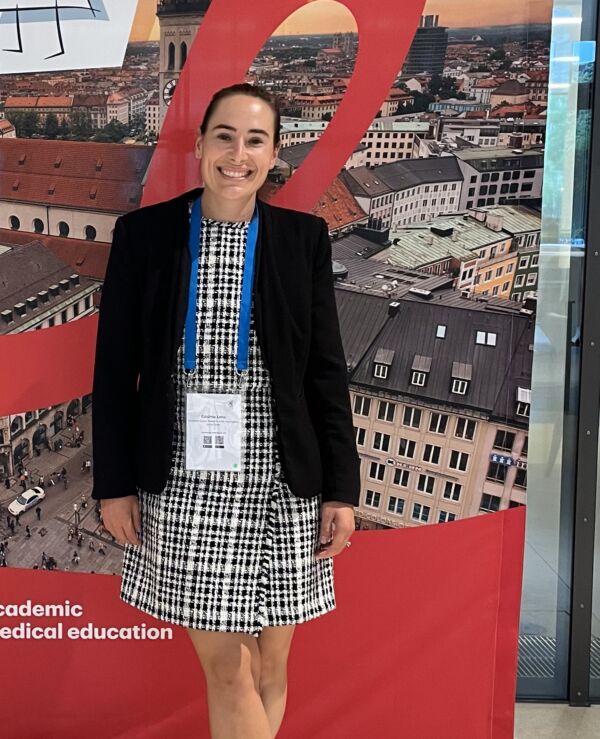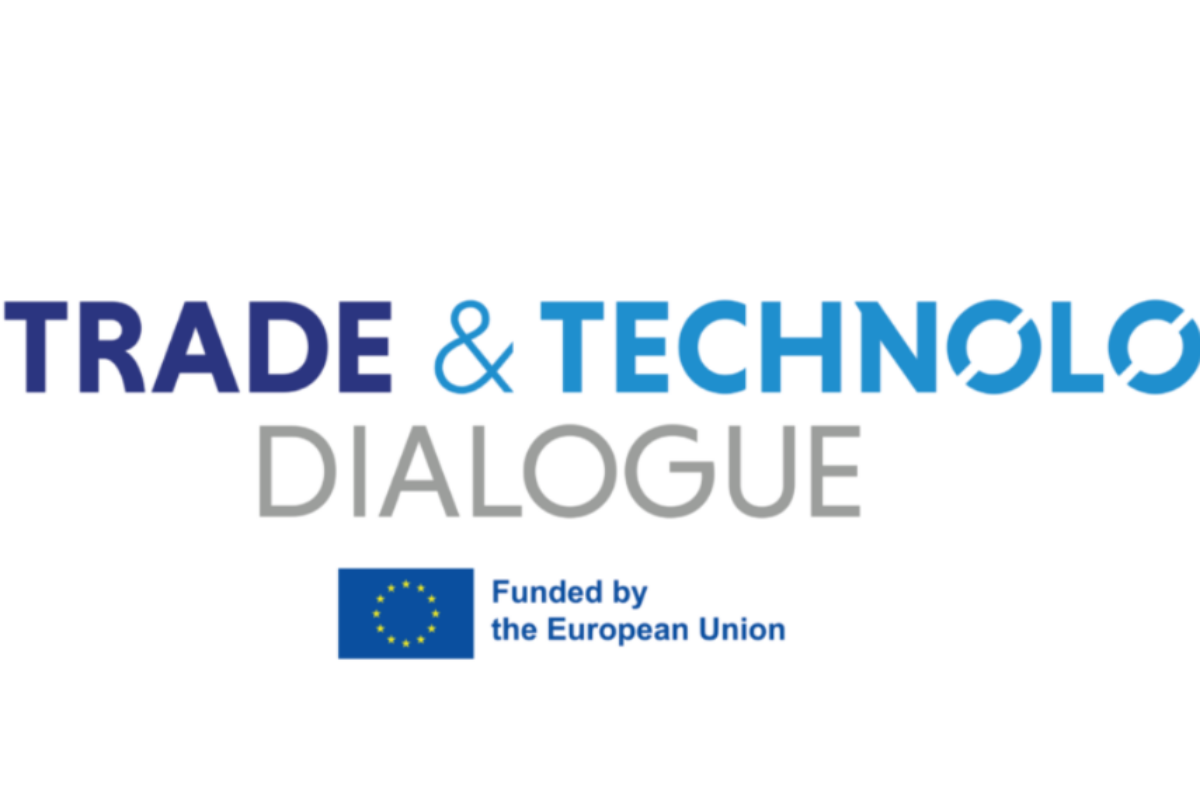CEPS is carrying out the study “Cancer: Repository of Regional Prevention and Detection Policies”, a specific contract implementing the framework contract CDR/2022/B1/1/NAT/1. Cancer is a major public health concern in Europe. In 2022, there were an estimated 2.78 million new cancer cases in the 27 European Union Member States (EU-27), plus Iceland and Norway, which is equivalent to about five new diagnoses every minute. By 2035, it is anticipated that cancer will be the leading cause of death in Europe. The overall economic impact of cancer in Europe is EUR 100 billion annually. At the same time, evidence shows that 40% of cancer cases are preventable. However, the share of health budgets devoted to health promotion and disease prevention currently stands at only 3%. Cancer mortality rates differ widely across the EU and within the Member States: by up to 37% between regions in Romania, and by at least 30% between regions in France, Germany, Poland and Spain.
The OECD estimates that screening alone, while necessary, is insufficient to ensure early detection; improved awareness, outreach and a greater role for primary care are also necessary. The Member States can also draw on policy instruments in the areas of taxation, food product formulation, advertising and social protection. The regions can make a real difference by tailoring their place-based cancer prevention and health promotion policies, to be deployed through school curricula and canteen programmes, awareness-raising campaigns, mobile detection teams and the promotion of healthy lifestyles.
The EU has been fighting cancer and investing in cancer research since 1985, complementing the policies of the Member States and their regions. Adopted in 2021, Europe’s Beating Cancer Plan, is one of the pillars of the European Health Union, aimed at addressing cancer-related inequalities and helping improve prevention and care. The regional dimension of this process is not being sufficiently emphasised and the study should gather evidence of promising regional policy and practice examples, targeting cancer prevention and detection through a local lens. The study, creating a repository of regional cancer policy and practice, could inform the future CoR opinion on regional cancer inequalities in the EU and be a contribution to the health priorities of the Polish Presidency of the Council. Finally, the study would also be supported by the UN WHO Office for Europe as part of the activities under the Memorandum of Understanding and its accompanying Action Plan.


































